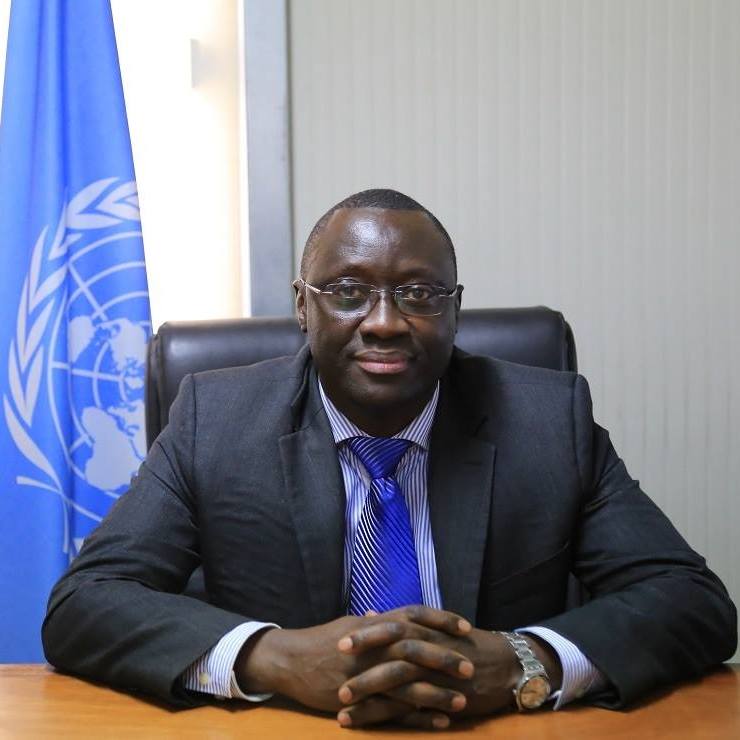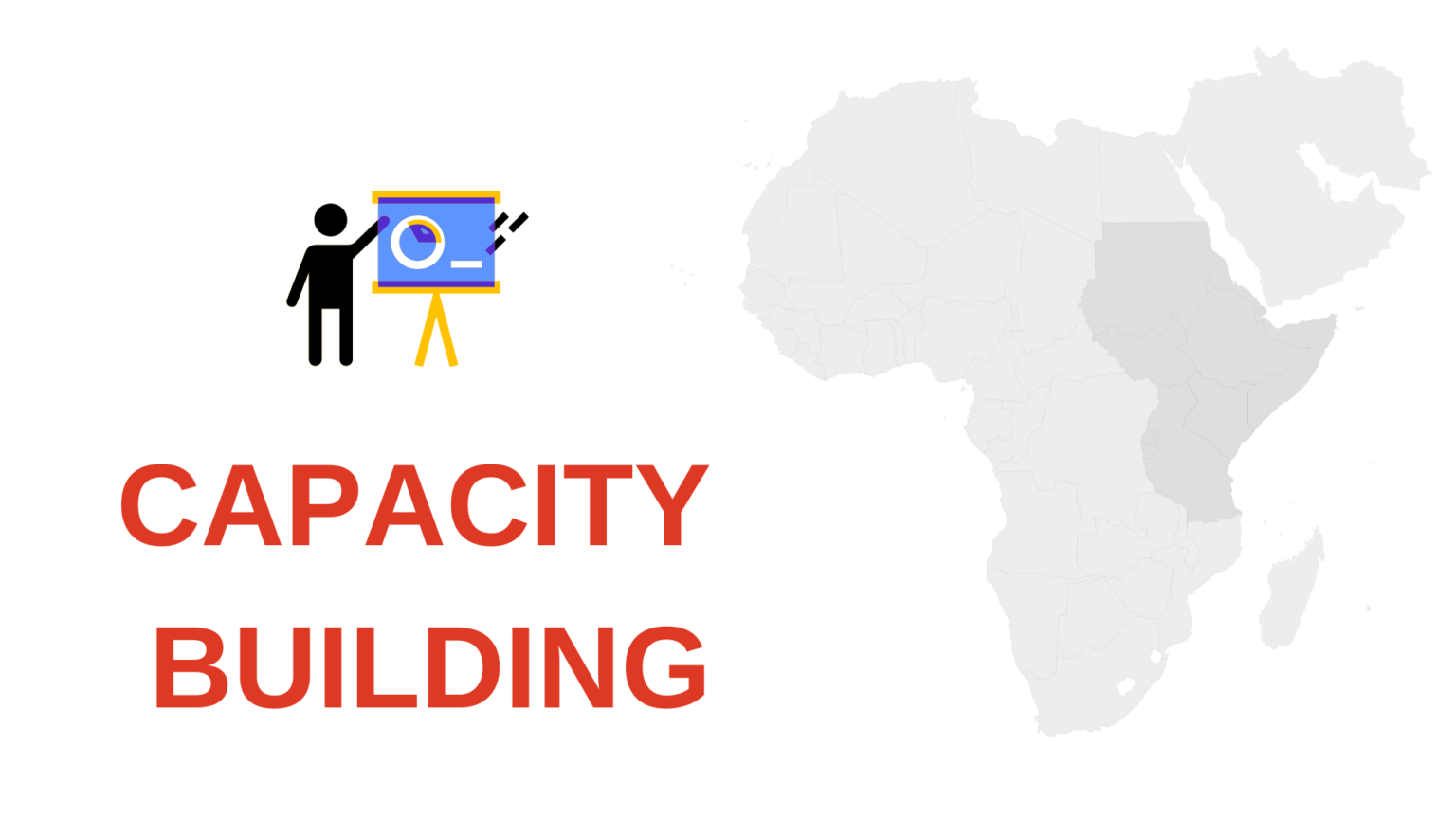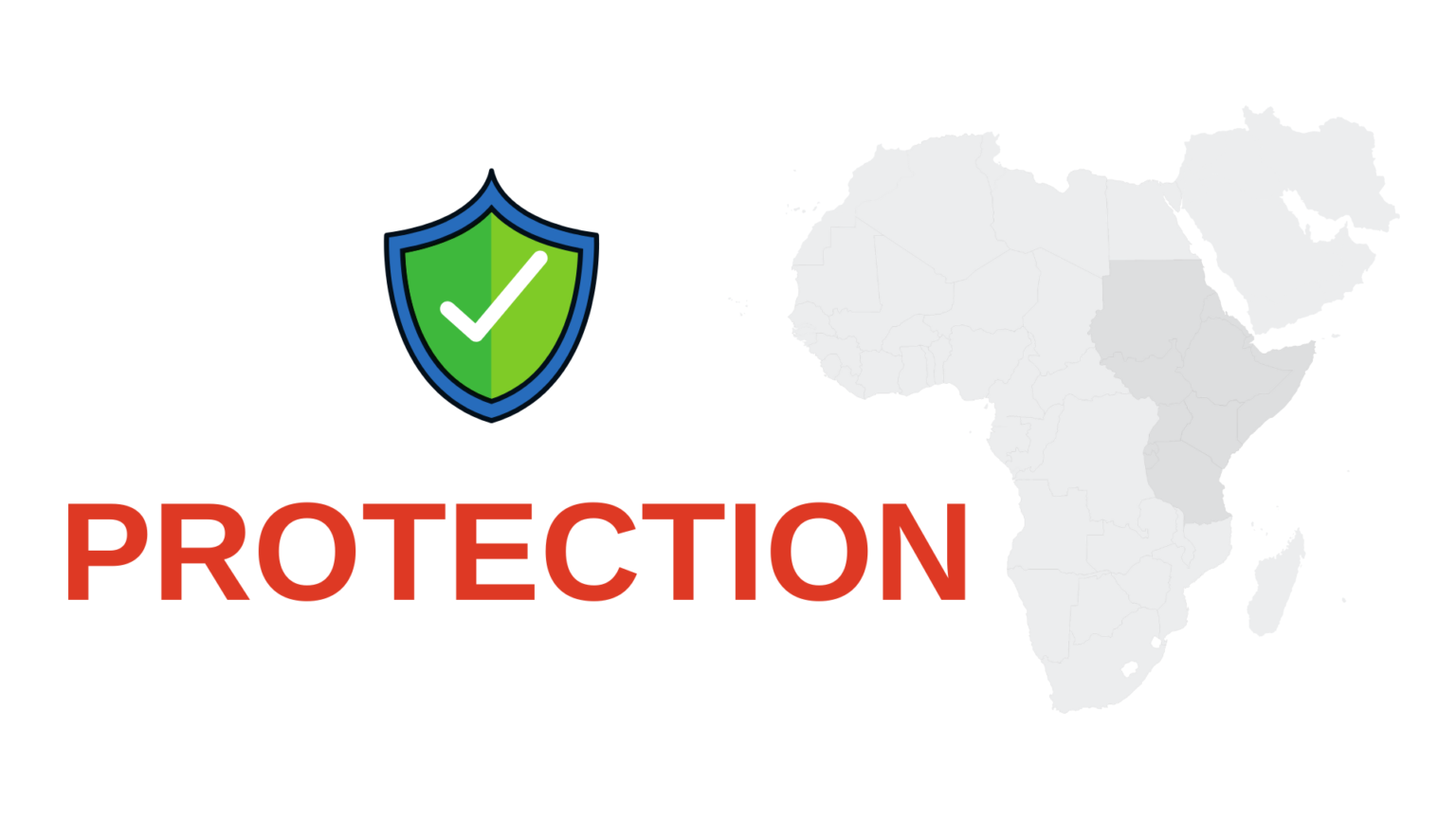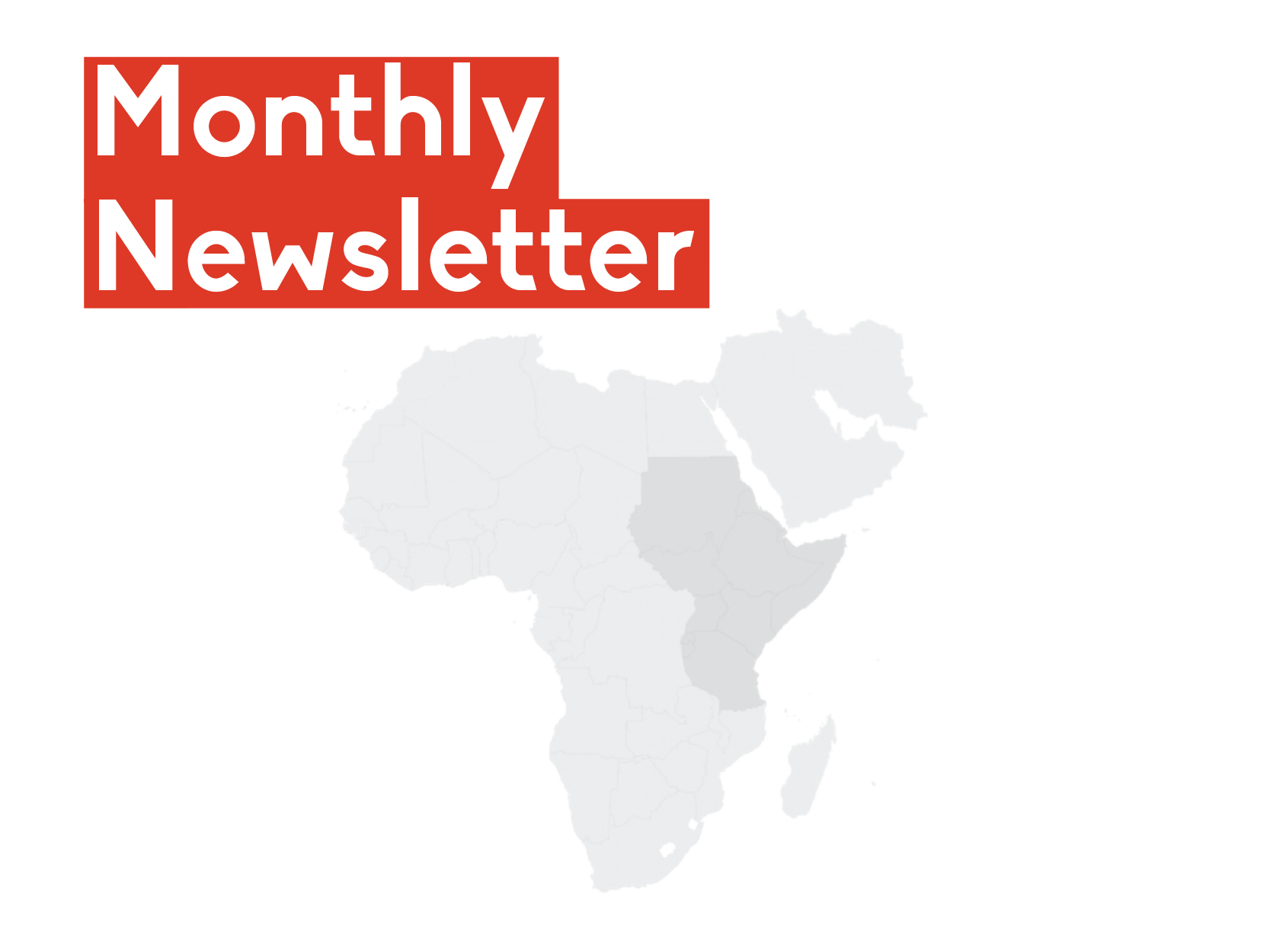Dear Colleagues,
The 60th UN Human Rights Council (HRC) session will convene from 8 September to 8 October 2025 to deliberate on the global human rights context. Among the situations under consideration is the ongoing conflict in Sudan. Now in its third year, the conflict is one of the most devastating on the continent, resulting in the displacement of over 13 million people and more than 150,000 civilian deaths. It is currently the world’s largest humanitarian crisis. The country’s social fabric lies in tatters, and over 30 million people need life-saving aid, with millions facing acute food insecurity.
In light of this dire situation, DefendDefenders focused throughout August on national and international advocacy ahead of the HRC session, aiming to secure the extension of the Fact-Finding Mission (FFM) on Sudan. For the first time, we are calling for a two-year mandate renewal rather than annual extensions, providing investigators the time and stability necessary to collect evidence and ensure accountability.
Together with over 100 national, regional, and international human rights defender groups, we urged the international community, through a joint letter, not to treat Sudan as a distant tragedy but to act decisively to deliver accountability. Our message is clear: ending the suffering and building lasting peace requires robust investigations. The FFM remains the best tool to document atrocities, identify perpetrators, and fight impunity. At HRC60, its mandate must not only be extended but also strengthened.
In an article I co-authored with Nicolas Agostini, DefendDefenders’ Representative to the United Nations, and published in Geneva Solutions, we emphasised that accountability must be central to any political response to Sudan’s conflict. Specifically, we call for international investigations to be extended and strengthened, with accountability as a key component of resolving the conflict.
The conflict’s impact extends beyond Sudan’s borders, and Uganda is no exception. Due to its open-door refugee policy, Uganda was hosting approximately 1.8 million refugees and asylum seekers by the end of 2024, according to United Nations Human Rights Council. While widely admired, this policy places considerable strain on national capacity. It is therefore in Uganda’s and the region’s interest to advocate for an end to the war, uphold a ceasefire, and support political dialogue. Drawing on its experience in conflict resolution, regional influence, and multilateral engagement, Uganda can play a pivotal role in advancing peace.
Through publications and opinion pieces, we have made national and regional calls for greater action to end the war and address its consequences. I invite you to turn the pages for more of our engagements in the month of August.
Hassan Shire
Executive Director, DefendDefenders
Chairperson, AfricanDefenders
Human Rights Defender of the Month: Musa Gassama

Musa Gassama’s journey from a student leader and activist to a civil servant and later a prominent international human rights defender has been defined by courage, resilience, and an unwavering commitment to justice. His path has taken him from outspoken activism to senior leadership within the United Nations, where he continues to shape responses to some of Africa’s most pressing human rights and humanitarian crises.
In 2004, Musa Gassama became the Africa Project Coordinator for a Human Rights Defenders Project at Amnesty International’s Africa Regional Office in Kampala, Uganda. There, he supported the creation of the East and Horn of Africa Human Rights Defenders Network, now known as DefendDefenders. Working closely with Hassan Shire, DefendDefenders’ Executive Director, Musa replicated the coalition-building model he had pioneered in West Africa, laying the groundwork for regional protection mechanisms for human rights defenders in East Africa.
Although he moved on to a new role before DefendDefenders was formally launched in 2005, Musa remained confident in the path he had set in motion. As he reflects: “When you plant a seed, you have the faith that it will grow. I left, but I had the faith that this network would grow, and its growth has exceeded my expectations.”
Updates from DefendDefenders

Between 4 and 19 August 2025, DefendDefenders conducted physical and digital security training for human rights defenders (HRDs) across seven regions in Tanzania. The training aimed to strengthen the capacity of participating organisations to identify potential risks and develop effective protocols for implementation. Through scenario-building activities, DefendDefenders worked with HRDs from organisations involved in providing emergency response to HRDs equipping them with practical skills to enhance both their personal safety and institutional preparedness.
Between 18–19 August 2025, DefendDefenders conducted a reskilling Ttaala capacity-building workshop for twelve (12) HRDs from seven (7) organisations. The training focused on enhancing participants’ knowledge and skills in data literacy and data collection. In 2024, the same group, mainly from organisations based in the Albertine and Northern Uganda regions, had participated in a series of five Ttaala cohort and sprint workshops covering topics such as online communications strategy, data literacy, data collection tools, and executing online campaigns using web platforms. Follow-up visits revealed that participants required additional reskilling in specific areas. A survey conducted in June 2025 confirmed that the most in-demand topics were data literacy (Excel and analytics) and data collection using KoboToolbox. The August workshop addressed these priorities through a combination of technical, hands-on sessions and theoretical, discussion-based learning. Participants responded positively to both approaches, highlighting the relevance of the training to their ongoing work.
From 22–24 August 2025, DefendDefenders carried out an assessment mission in Kenya. The mission aimed to document the challenges HRDs have faced in recent months. The visit came at a critical moment, as Kenya grapples with political unrest, violent crackdowns on protests, and shrinking civic space.
On 25 August 2025, DefendDefenders, in collaboration with partners, held an online wellbeing workshop for Congolese HRDs. The session aimed to provide support and strengthen the resilience of HRDs facing immense challenges in conflict and exile. Led by Senior the Protection Officer and wellbeing leadthe workshop created a safe space for participants to discuss stress and mental health. The HRDs reflected on common symptoms such as isolation, anxiety, and health complications, while learning practical strategies to cope, such as identifying stress triggers, staying connected with trusted people, eating well, resting, exercising, and finding time for relaxation or meditation. The session was interactive and engaging, with 89 HRDs participating, demonstrating their commitment to prioritising wellbeing while continuing their vital work.
From 25–28 August 2025, AfricanDefenders, in collaboration with Plan International, led a three-day capacity-building program under the Space to Lead initiative. The event brought together civil society representatives from Zambia, Togo, and Benin, with the aim of strengthening civil society’s role in protecting and creating safe spaces for girls and young people, while enhancing organisational resilience. The sessions facilitated peer learning and equipped participants with strategies to navigate diminishing resources and increasing restrictions on civic space.

On 7 August 2025, DefendDefenders participated in a webinar organised by Amnesty International East Africa titled “Between Expression and Repression: Civic Space in Ethiopia and the Regional Dynamics of Shrinking Freedoms.” At the heart of the conversation was the Ethiopian government’s proposed amendment to the Civil Society Proclamation, a move widely viewed as an attempt to roll back hard-won freedoms. If enacted, the amendment would place new restrictions on the ability of civil society organisations to operate, access resources, and engage in advocacy. The discussion focused on resilience strategies within East Africa at a pivotal moment for Ethiopia and for all who care about civic space and democratic values.

In August 2025, DefendDefenders received and managed 56 requests for emergency assistance from HRDs. Of these, 24 requests (42.9%) received appropriate interventions, benefiting a 43 individuals indirectly through the grants awarded. 17 requests (30.4%) were declined, while 1 request (1.8%) was referred to other protection service providers for further assistance according to their mandates. The remaining 14 requests (25.0%) are currently undergoing the vetting process.
Country Updates:
COUNTRY SITUATION
BURUNDI
Over 40 NGOs urged the UN Human Rights Council to renew the mandate of the Special Rapporteur on Burundi. In a joint letter released ahead of the Council’s 60th session on 8 September, the groups warned that serious abuses continue ten years after the 2015 crisis, with perpetrators acting in impunity. They cautioned that Burundi’s ongoing electoral cycle, running from 2025 to the 2027 presidential election, increases the risk of renewed repression. The NGOs stressed that the Special Rapporteur remains vital for documenting violations and ensuring international scrutiny of Burundi’s human rights situation.
ETHIOPIA
On 13 August 2025, masked men in military-style uniforms abducted journalist Yonas Amare from his home in Sheger City, near Addis Ababa. Witnesses said the men ordered residents indoors and seized mobile phones before taking him away. Yonas works for the privately owned Reporter newspaper. Addis Ababa police later told the outlet that he was not in their custody. His whereabouts remain unknown, raising concerns over enforced disappearance and the growing risks faced by journalists in Ethiopia’s shrinking civic space.
On 5 August 2025, police in Ethiopia’s Somali Regional State arrested journalist Khadar Mohamed Ismael, a reporter with the state-owned Somali Regional Television (SRTV). According to VOSS TV and a relative who requested anonymity, he remained in custody without formal charges. On 9 August, Khadar appeared in court without legal representation. He was questioned about a 4 August Facebook post on SRTV’s page that featured local community members criticising the government. The post has since been removed.
KENYA
On 22 August 2025, the High Court released three HRDs known as the Muthaiga Three. The Kibera Law Courts dismissed an application by the Office of the Director of Public Prosecutions and the Directorate of Criminal Investigations to extend investigations by 21 days, ruling that the 55 days already granted were sufficient. The three HRDs, who were arrested on 27 June over allegations linked to the 25 June protests, faced accusations of arson, theft, malicious damage to property, and incitement to violence. The court found that the prosecution had exhausted its time and adjournments, closed the file, and ordered their unconditional release.
President William Ruto appointed a 15-member panel to drive reparations for victims of state violence, following his Proclamation published on 26 August. Constitutional Advisor Professor Makau Mutua will chair the team, with Law Society of Kenya President Faith Odhiambo as vice-chair. The panel will design a framework to verify and categorise victims, cross-check data from state institutions, and recommend reparations. It will also propose prosecutions through the Office of the Director of Public Prosecutions where evidence is sufficient. Over the next four months, the team will consult families, civil society, and faith leaders to make the process inclusive and transparent. The government pledged to fund the initiative under the Public Finance Management Act, requiring the panel to keep audited records and publish anonymised updates. The move signals a step towards accountability, but its success rests on credible verification and the state’s willingness to act on the findings.
SOMALIA/SOMALILAND
On 5 August, police detained Ahmed Mohamud Dool, at the Criminal Investigations Department after summoning him without explanation. Ahmed, who reports on killings, insecurity, and protests to an online audience of nearly 100,000 followers, had publicly stated that he did not know the reason for the summons. Police later claimed his detention was related to a Facebook post quoting remarks by a local lawyer. Despite this, he remained in custody without charge as courts repeatedly extended his remand, first on 6 August for four days and again on 10 August for seven days. Prosecutors received an investigation report but have not filed charges. According to the Somaliland Journalists Association, Ahmed is the twentieth journalist detained this year. This reflects a broader pattern of harassment and intimidation of the media, where prolonged pre-charge detention is used to silence critical reporting.
SUDAN
Ahead of the UN Human Rights Council’s 60th session, DefendDefeners and dozens of NGOs urged states to support a mandate extension for the Independent International Fact-Finding Mission (FFM) for Sudan. The organisations warned that Sudan faces a worsening humanitarian disaster, with tens of thousands killed, 13 million displaced, and 30 million people in need of aid by mid-June 2025. The conflict, now in its 28th month, continues between the Sudanese Armed Forces and the Rapid Support Forces, with both sides accused of grave violations of international law. Civilians remain the primary victims, and rights groups report widespread sexual violence against women and girls.
TANZANIA
On 12 August, the High Court dismissed Lissu’s application challenging a Kisutu Resident Magistrate’s Court ruling that allowed the use of secret witnesses in a separate case under the Cybercrimes Act. Justice Elizabeth Mkwizu maintained that the lower court had balanced fair trial rights with witness security, but defence lawyer Dr Rugemeleza Nshala criticised the decision as undermining transparency, arguing that the charges stemmed from a public speech and should not justify concealed testimony. He indicated that the defence may appeal, underscoring broader concerns about the deployment of restrictive legal provisions to constrain opposition voices.
The treason case was postponed again on 13 August to await a ruling on whether proceedings should be livestreamed once transferred to the High Court. While the prosecution insisted that banning live coverage was necessary to protect witnesses, Lissu argued that reversing the practice after preliminary hearings had been broadcast would amount to conducting the trial “in the dark” and deny the public insight into a case that carries the death penalty. On 18 August 2025, the Magistrate Court banned the live coverage of the court case, citing it would help protect civilian prosecution witnesses. The order prohibited live streaming, live broadcasting, and any other form of real-time online or social media distribution of proceedings. While the court framed the decision as a measure to safeguard witnesses, the restriction raises concerns about transparency and public access to justice in a politically charged case.
On 16 August 2025, police in Dar es Salaam’s Special Zone raided a local CHADEMA meeting in Kibaha, Coast Region, arresting six party members and nearby residents, and seizing party documents along with cash. Those detained were transferred to the Central Police Station in Dar es Salaam but were later released without explanation, raising questions over the legality of the arrests. The police also searched the meeting hall, vehicles and adjacent homes, actions that Chama cha Demokrasia na Maendeleo (CHADEMA) described as politically motivated and part of a broader campaign of intimidation against the opposition. The party condemned the raid as a misuse of state authority to undermine democratic participation and demanded public clarification from the police on the grounds for their intervention.
UGANDA
On 9 August, a Ugandan court denied bail to opposition leader Kizza Besigye, who has spent nearly nine months in detention on treason charges. Judge Emmanuel Baguma ruled that the 180-day threshold for mandatory bail began only on 21 February, when Besigye was remanded to a civilian court, leaving him 12 days short of eligibility. His lawyers argued that his detention without trial violates constitutional guarantees, but the court dismissed their submissions. While the government maintains that Besigye faces legitimate charges, rights groups and opposition claim that the continued use of treason prosecutions and procedural delays underscores how legal frameworks are being manipulated to weaken opposition voices and erode civic space in Uganda.

